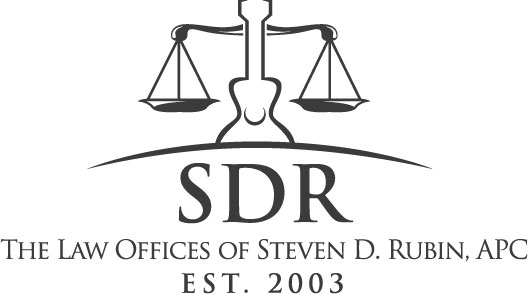
(Corporate) A Trap for the Do-It-Yourself-er: Corporations Code Section 1903(c)
We live in the age of Do-It-Yourself (DIY). This is as true for the legal field as any other. We have no less than Robert (I’ll call him Bob) Shapiro himself (he of OJ Simpson defense team fame) pitching Legal Zoom for everything from starting your new corporation or LLC, to drafting your will or trust, and everything in between. Of course, ol’ Bob is quick to point out that Legal Zoom does not dispense legal advice – if you want that you better go see a lawyer.
Why does Bob give the disclaimer? Besides Bob’s desire to avoid the enormous responsibilities that attend dispensing legal advice and legal documents, Bob knows what I know … that the devil is in the details. Let’s say you took Bob’s advice and went to Legal Zoom to incorporate. You get incorporated and everything is going great. However, after two or three years you decide you want to cease operation of the business operated by the corporation and no longer want to keep your corporation. The corporation (not you of course) owes some money to a handful of vendors but you figure it’s not your problem. The corporation owes the money and so you personally don’t have to worry about it. So you go back to Legal Zoom or otherwise figure out that you need to dissolve the corporation with the California Secretary of State’s (SOS) office. You’ve decided it is easy to dissolve the corporation, so you do not consult with a lawyer. You file the required paperwork with the SOS and receive your conformed copy of the Certificate of Dissolution.
However, your vendors keep sending you invoices for the services or good provided to the Corporation. Because it is a corporate obligation and the corporation is dissolved, you keep ignoring the invoices. Finally, the vendor’s lawyer sends you a letter threatening to sue if the invoices are not paid. You laugh and send the vendor’s lawyer a copy of the endorsed-filed Certificate of Dissolution for the corporation and remind him or her that it will be a big waste of time to sue the corporation. That’s when the vendor’s lawyers requests that you also send him a copy of the statutory notice to creditors.
“The what” you say.
“The statutory notice to creditors” says the vendor’s lawyer.
“What is that” you say.
“The notice called for under Section 1903(c) of the California Corporations Code” he says.
“I don’t have one” you say.
“That’s a shame” says the vendor’s lawyer. “You see, now the vendor is going to sue not only the dissolved corporation, but you personally.”
Your call with the vendor’s lawyer ends. Right after that you find your own lawyer who explains to you the following:
Section 1903(c) of the California Corporations Code provides“The Board shall cause written notice of the commencement of the proceeding for voluntary winding up to be given by mail to [all] known creditors [whose] addresses appear on the records of the corporation.” The Certificate of Dissolution you filed and SIGNED UNDER PENALTY OF PERJURY likely includes the following statement: “The corporation’s known debts and liabilities have been actually paid.” Therefore, if you don’t square up with the vendor, then they can probably sue you personally. Although it is not certain that the vendor will win, they probably have enough to get to trial and let the judge sort it out. And you know the old saying: “Every time you go to court two things can happen … and one of them is bad.”
Don’t complain to Bob. Don’t forget, Legal Zoom does not dispense legal advice. If you want that, go see a lawyer.



